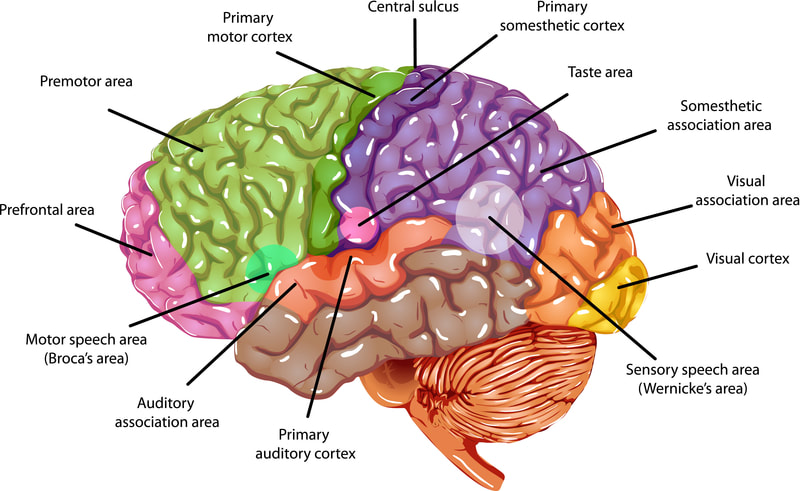Examining the relationship between brain regions responsible for empathy, analytical reasoning, and faith, the research suggests that religious beliefs and scientific thinking often clash due to the involvement of distinct brain areas in these cognitive processes. Those who hold supernatural beliefs seem to inhibit regions associated with critical thinking.
Lead author Tony Jack, a professor of philosophy at Case Western Reserve, explains, "From what we understand about the brain, the leap of faith to belief in the supernatural amounts to pushing aside the critical/analytical way of thinking..."
Previous research by Jack and colleagues identified two competing networks of neurons, revealed through fMRI scans, which determine whether individuals perceive the world through religious or scientific lenses. The brain's analytical network promotes critical thinking, while the social network facilitates empathy and spiritual thinking.
In the latest study, researchers conducted eight experiments involving 159 to 527 adults to explore the connection between belief in God, analytic thinking, and moral concern. Each experiment demonstrated a positive association between spiritual belief, empathic concern, and frequent religious practice. The more religious a person was, the more likely they were to suppress the analytical network in the brain while exhibiting empathy.
When individuals experience conflict between scientific and religious views, their brain structures play a crucial role in determining how they address this opposition. The study highlights that engaging with both the analytical and social networks without suppressing either enhances one's ability to understand the world and make scientific discoveries.
The research also points out that some of history's prominent scientists were deeply spiritual. Jack notes, "Far from always conflicting with science, under the right circumstances, religious belief may positively promote scientific creativity and insight." Emphasizing that there is no inherent conflict between religion and science, Jack suggests that individuals who integrate both networks without suppression are better equipped for comprehensive understanding and scientific breakthroughs


 RSS Feed
RSS Feed